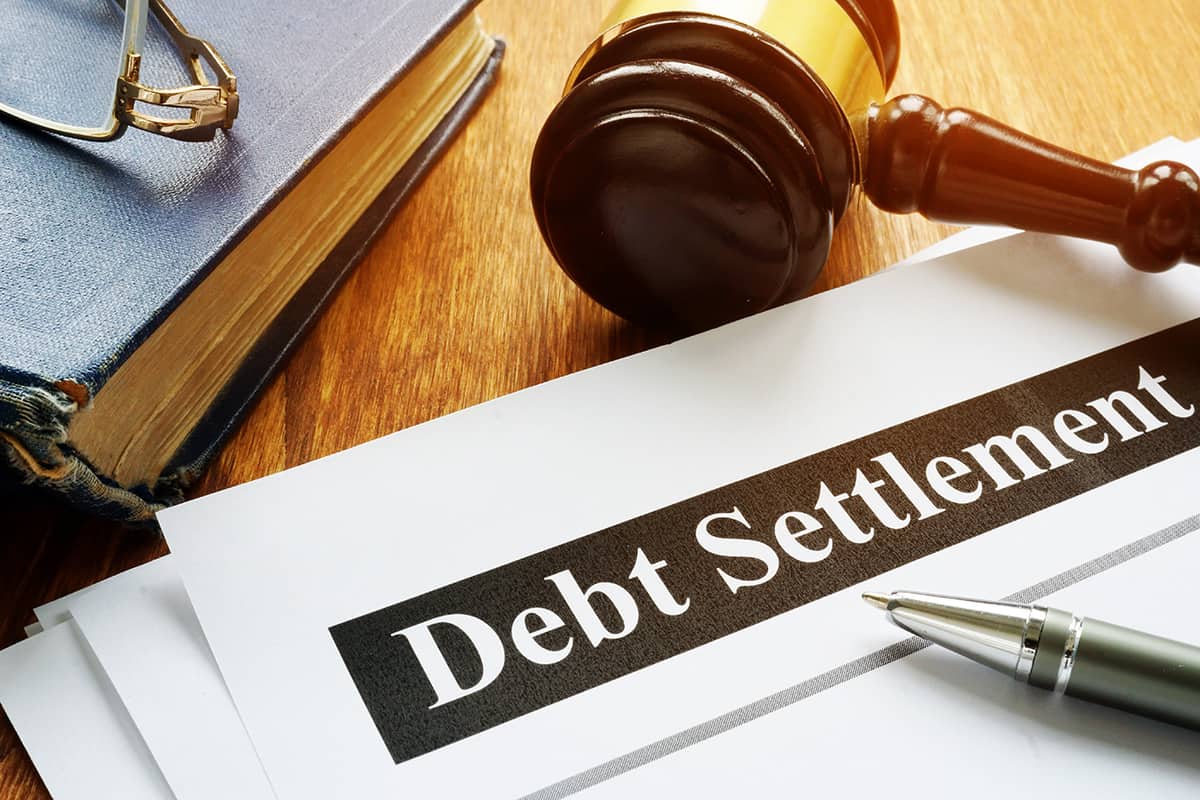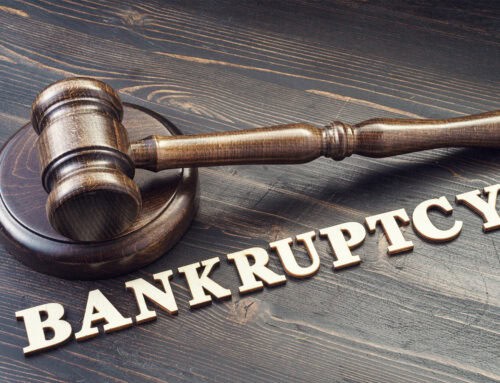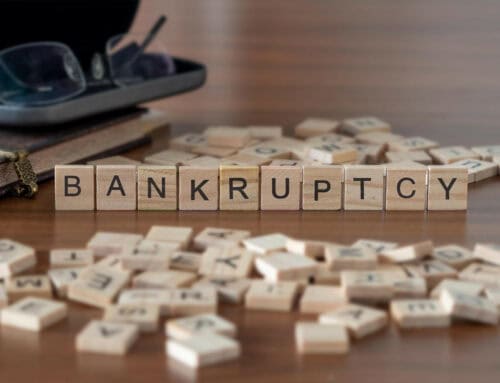Don’t Overlook Critical Differences Between Debt Settlement and Bankruptcy
If you feel you are running out of options to get your finances and your life under control in these harsh economic times, you need to consider your choices carefully before grasping any lifeline thrown at you. Make sure you completely understand services such as debt settlement and legal processes that include several types of bankruptcy. Each debtor’s situation is unique, and you need to find the right path forward to meet your needs.
Note the Purpose of Both Debt Settlement and Bankruptcy
When a debtor has no hope of paying back the entire amount owed to creditors, the only solution is reducing or canceling a portion of the debts. Both bankruptcy and debt settlement provides a procedure to accomplish this.
For individuals, the federal bankruptcy process offers two plans. In Chapter 7 bankruptcy, the court cancels or wipes out any unsecured debt. The debtors is allowed to exempt a certain number of assets and/or a certain amount of equity in a residence. This allows the debtor to keep these assets, including the debtor’s residence.
In Chapter 13 bankruptcy, the court approves a reorganization plan to repay the creditors over a period of three to five years. At the end of that time, any amounts that haven’t been repaid are canceled.
Debt settlement, on the other hand, refers to private negotiations with creditors to accept a reduced amount of money as full payment for the outstanding debt. Debtors may attempt to bargain with the creditors themselves, or they may hire an attorney to negotiate for them. An attorney who also practices in the area of Bankruptcy law can use the Bankruptcy Code and the threat of a possible Bankruptcy filing in order to obtain leverage on behalf of the debtor and negotiate the best settlement possible.
Recognize the Key Differences Between Bankruptcy and Debt Settlement
When you examine these two processes, you can find contrasts between them in various areas. Not everyone puts the same importance on these differences, however, since each debtor deals with a unique situation.
Public Records and Credit Reports
Since debt settlement agreements are privately negotiated between you or your representative and your creditors, they are not public records. In spite of this, any debt settlement shows up on your credit report for seven years.
All bankruptcies become a matter of public record since they go through the court system. Anyone can obtain this information. Bankruptcies also appear on your credit report for 10 years.
Collection Attempts
The moment you file a bankruptcy claim, an automatic stay goes into effect, halting most collection attempts. One of the most significant advantages bankruptcy offers is this relief from harassing phone calls, emails, and letters.
Regulatory Agencies
Federal laws regulate bankruptcy courts and procedures. Individual states are responsible for regulating the debt settlement industry.
Taxes
Debtors who file bankruptcy claims do not pay any taxes on the debts erased through the procedure. In debt settlements, however, the amount of the debt that is canceled through negotiations is taxed as regular income.
Get Help With Critical Decisions
The bankruptcy process presents complex challenges and requires making crucial choices such as which California bankruptcy exemption schedule to choose. While debt settlement negotiations may offer privacy and other advantages, debtors also need to consider the pitfalls. The Law Offices of Brent D. George have years of experience and extensive knowledge of bankruptcy proceedings and debt settlements and can clarify your options. Call us at (805) 494-8400 today to book your free consultation.
Disclaimer: This article is intended for informational purposes only and does not constitute legal advice. For personalized assistance, please contact our office at (805)494-8400.






